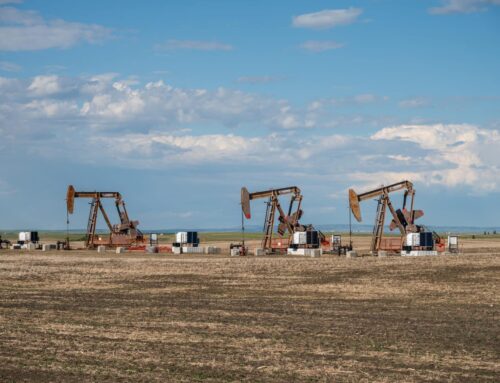The Department of Energy (DOE) announced the approval of Phase II for the $1.65 billion experimental FutureGen 2.0 Project located in Illinois in early February. The project—a cooperative agreement between DOE and the FutureGen Industrial Alliance—has been given the go-ahead to begin “preliminary design, per-construction and engineering” for the plant.
Initially proposed by DOE in 2003, FutureGen was intended to be a large-scale, multi-billion dollar initiative aimed at demonstrating the commercial viability of ‘clean coal’ technology. In August 2010, the project was awarded $1 billion in federal stimulus money as part of the American Recovery and Reinvestment Act (ARRA). Yet, a decade after its conception, the project has undergone several major revisions (at one point even cancellation), major cost overruns, and the CEO of the FutureGen Alliance Kenneth Humphrey recently said the project is at least six months behind schedule. Now the question exists whether the project will be able to use the $1 billion in stimulus funds before it expires with all other ARRA funds in 2015.
The FutureGen project has been awarded more than $1 billion to demonstrate ‘clean coal’ technology in the United States; yet after a decade of research and development, it continues to experience cost overruns and delays. If FutureGen is to continue moving forward, the mature and profitable members of the FutureGen Industrial Alliance and industry partners should bear the risk and cost of the projects, not federal taxpayers.











Get Social